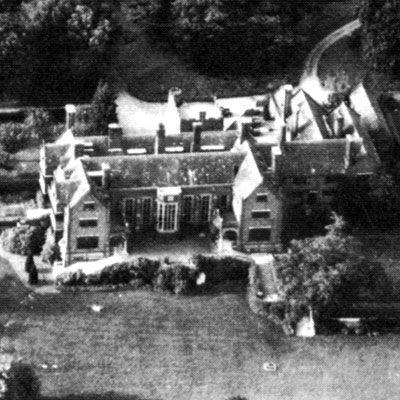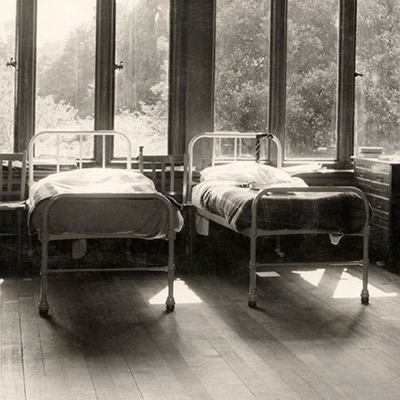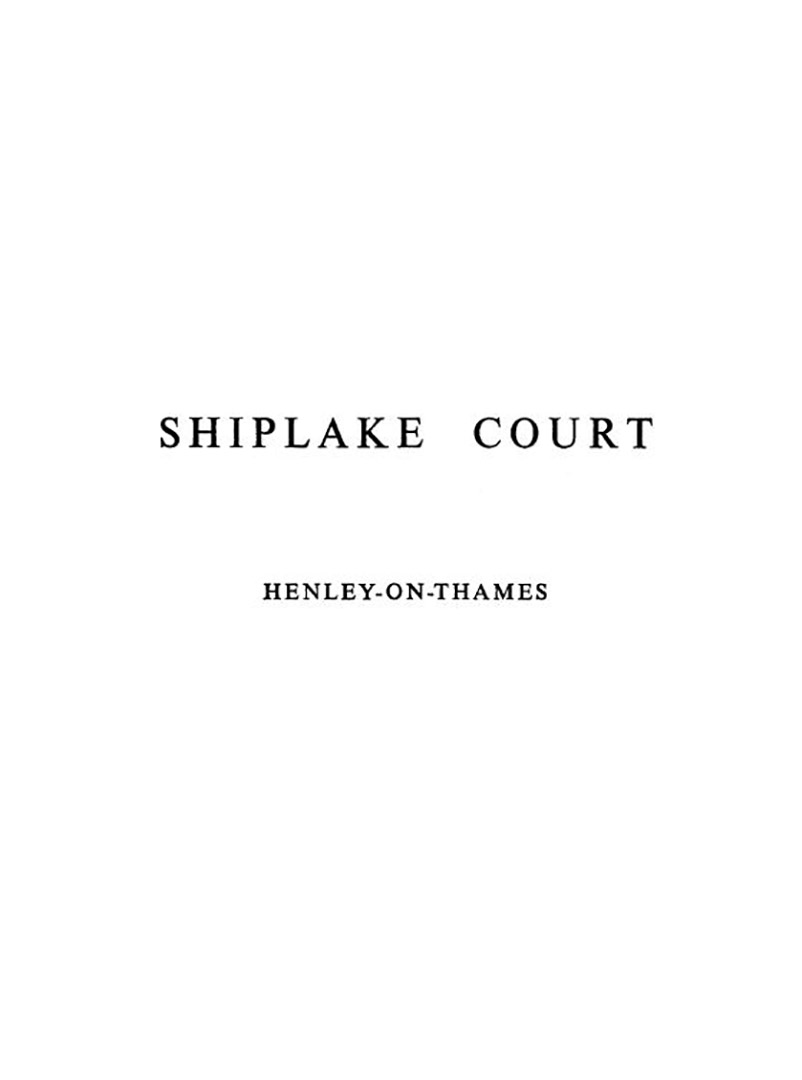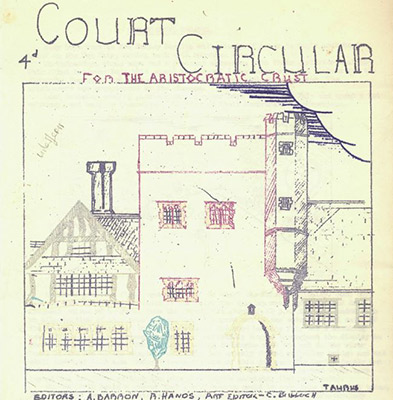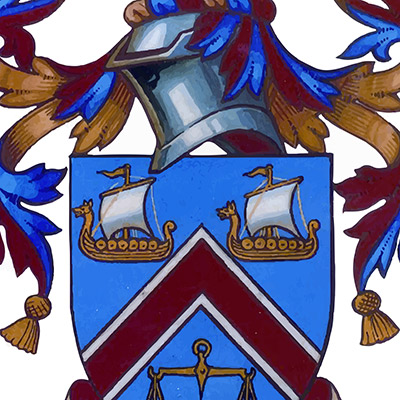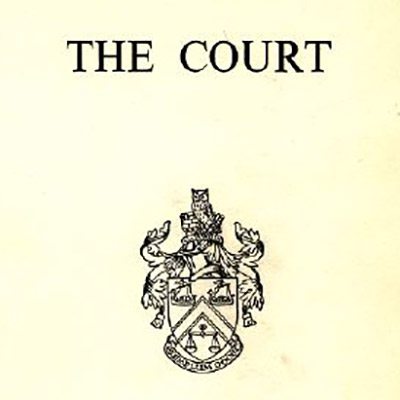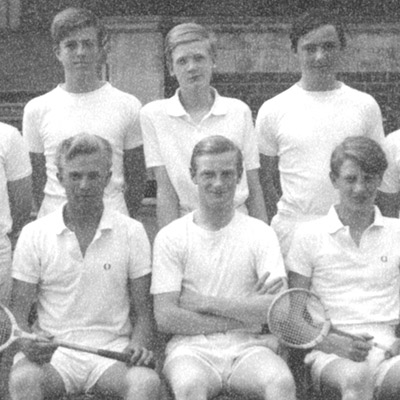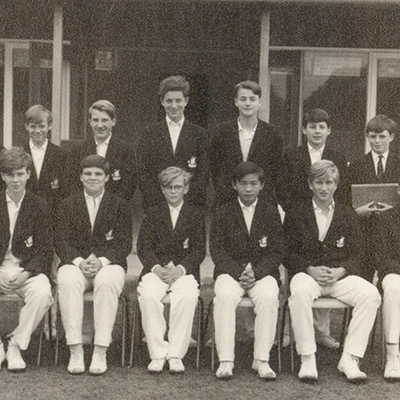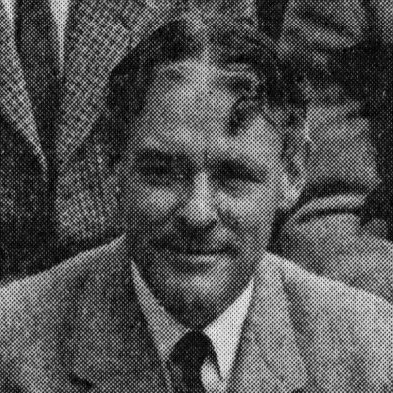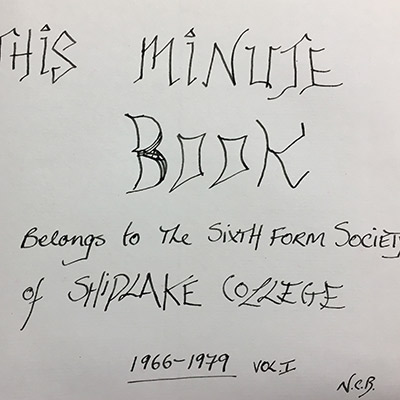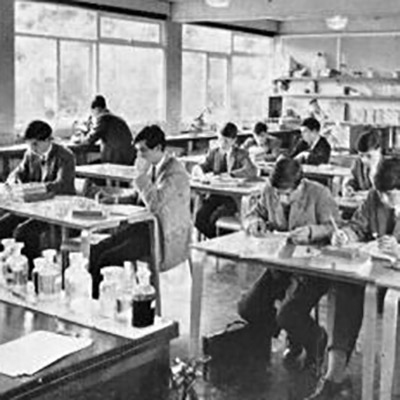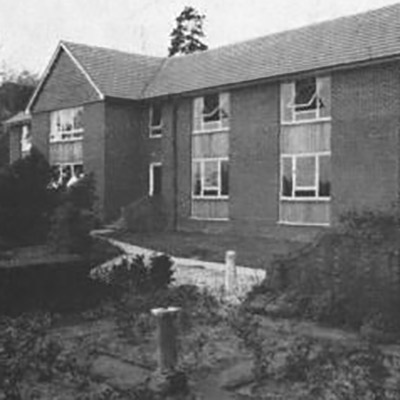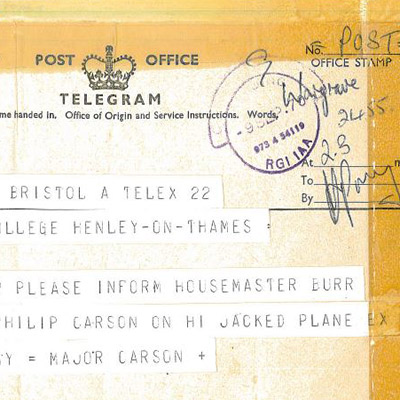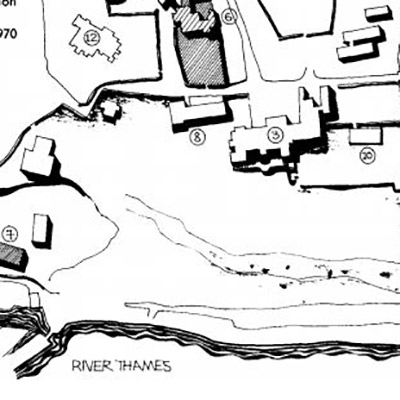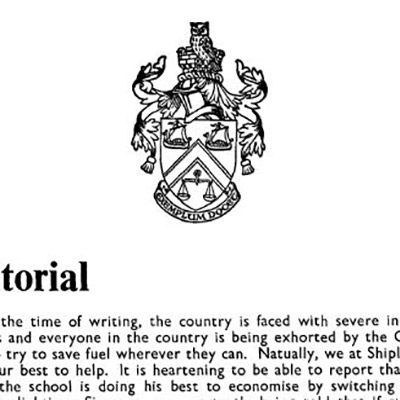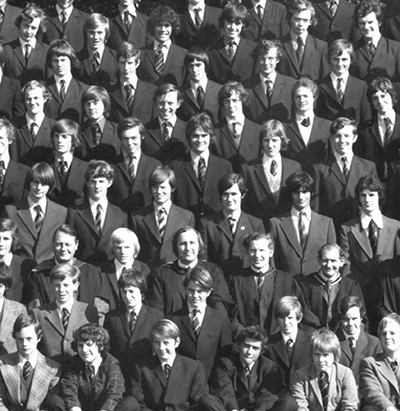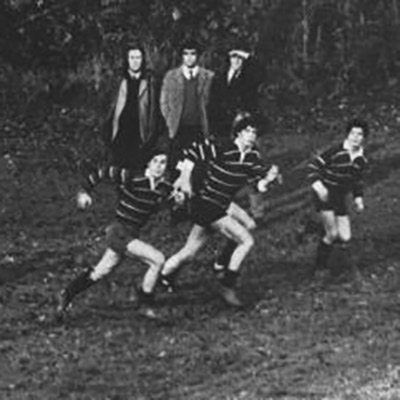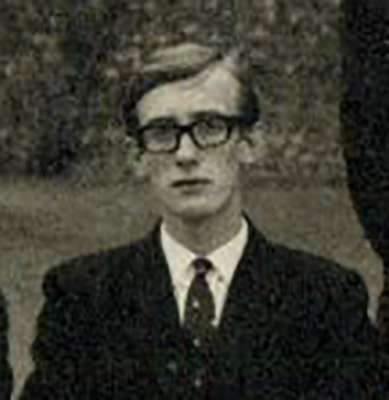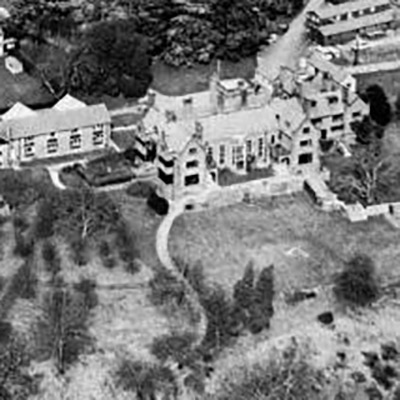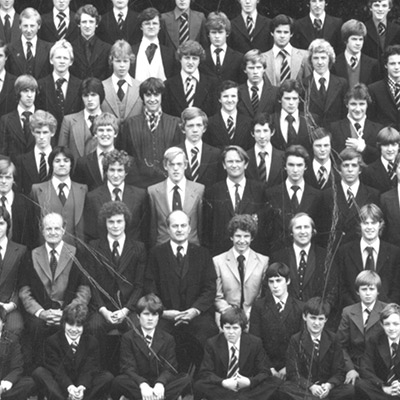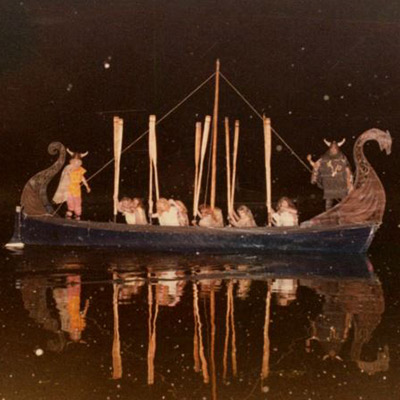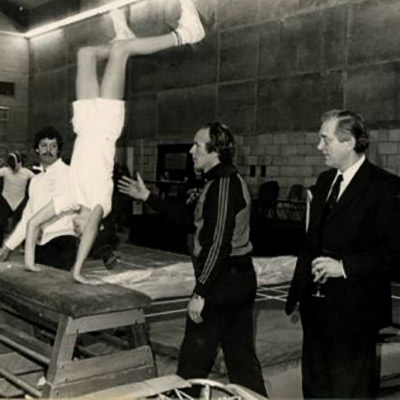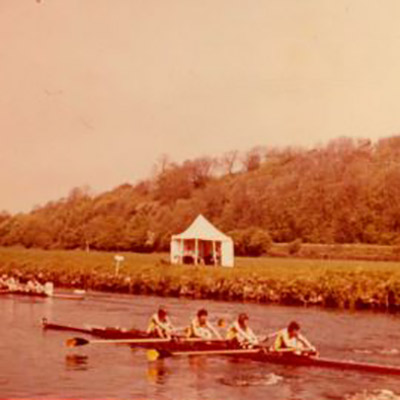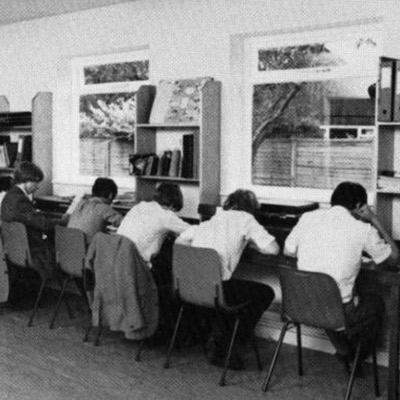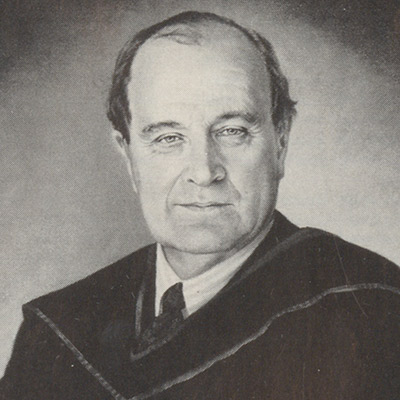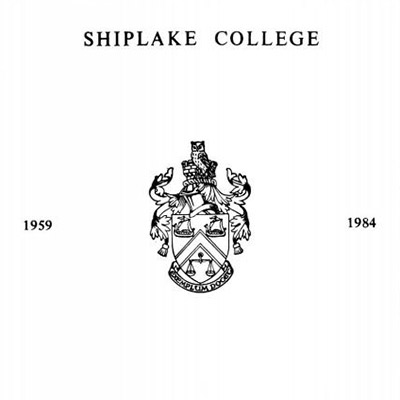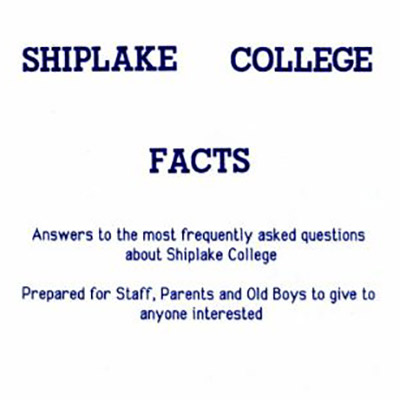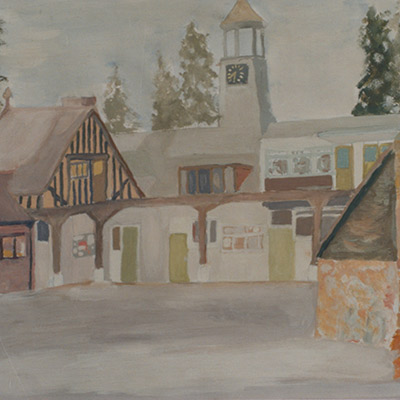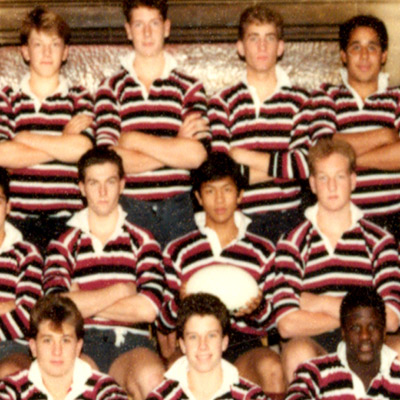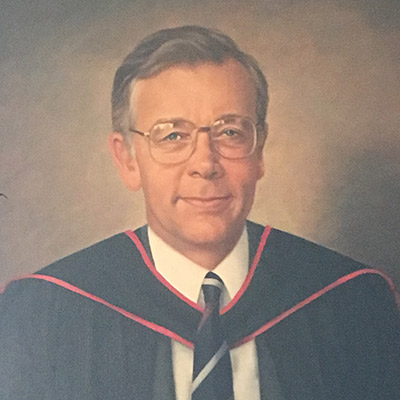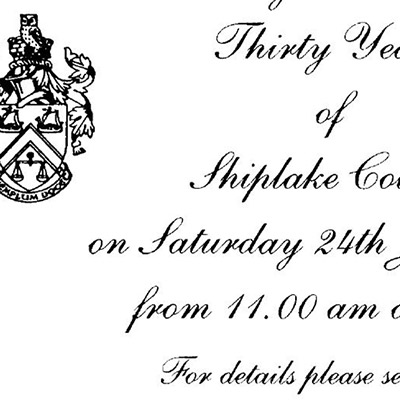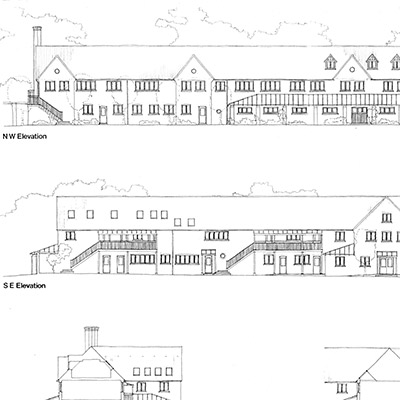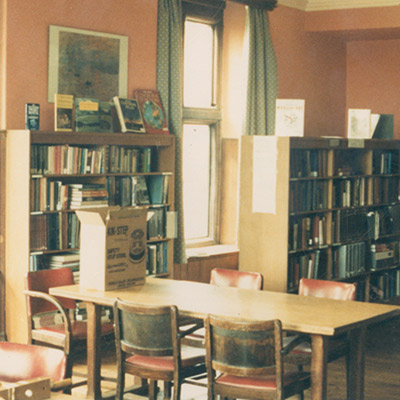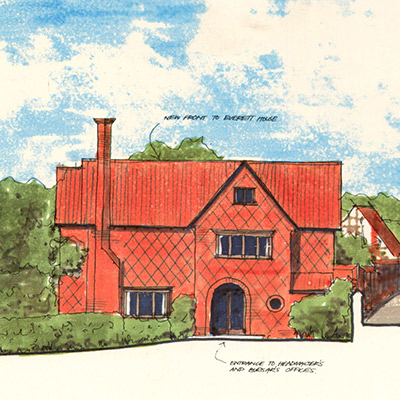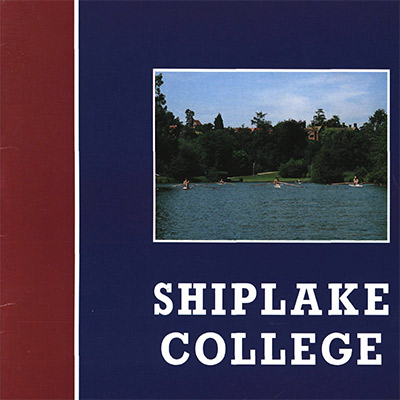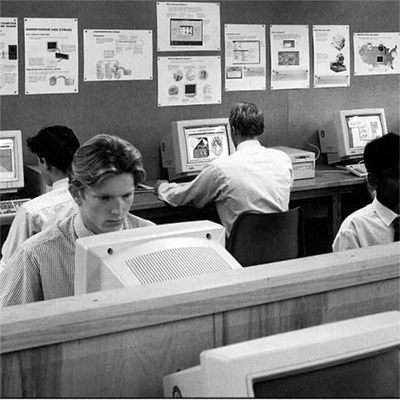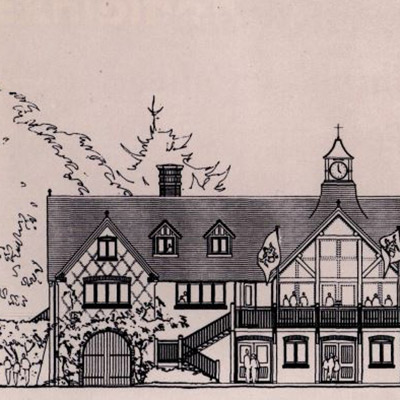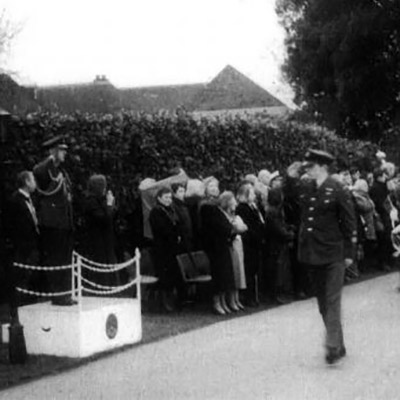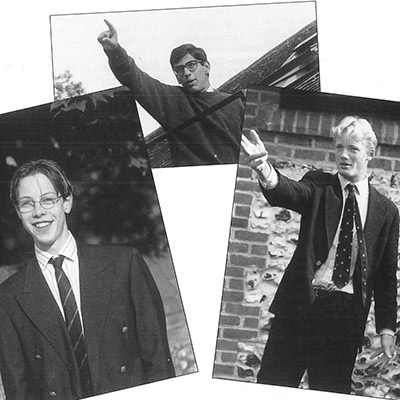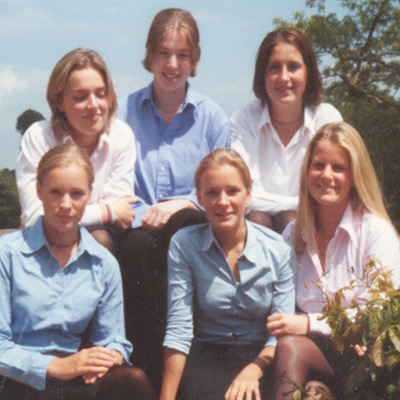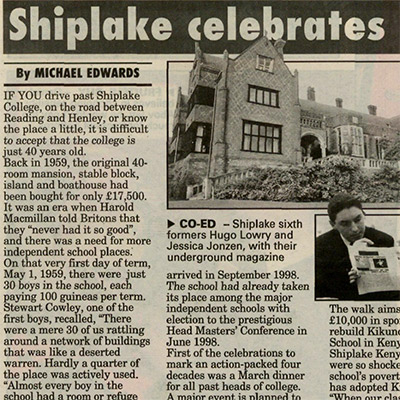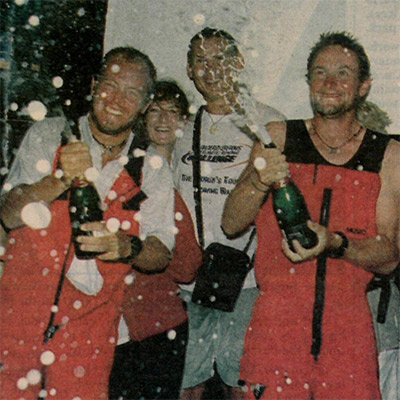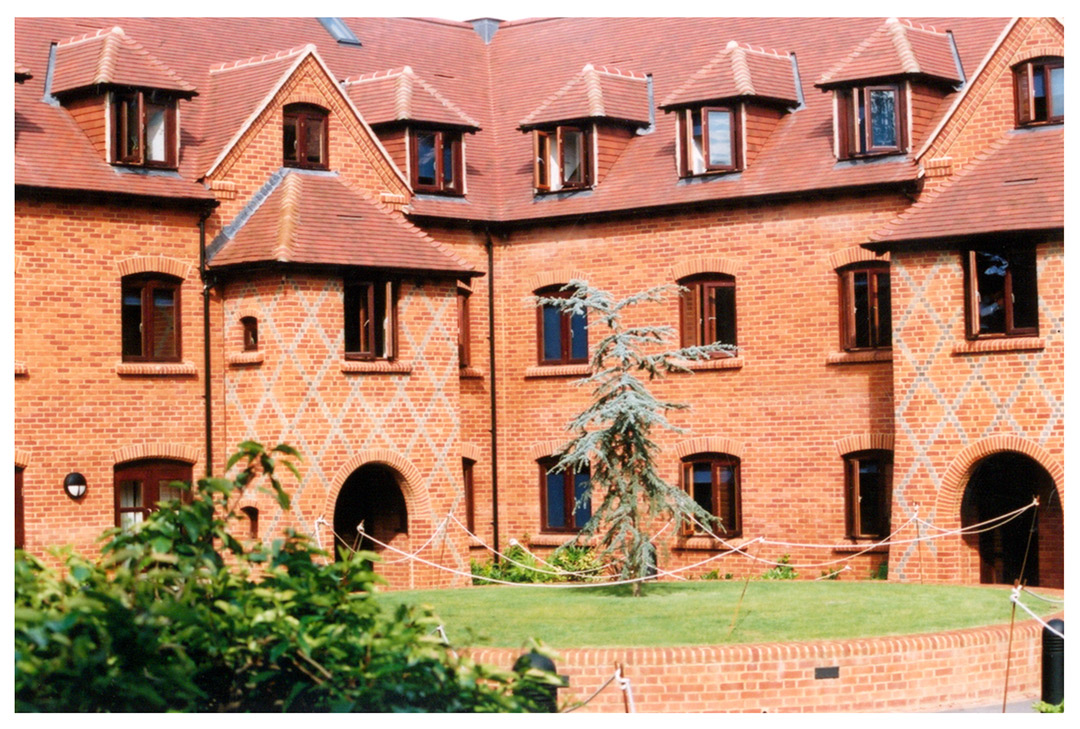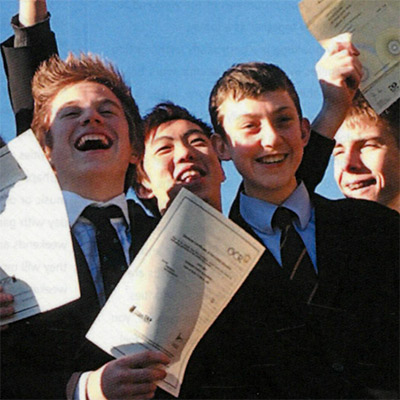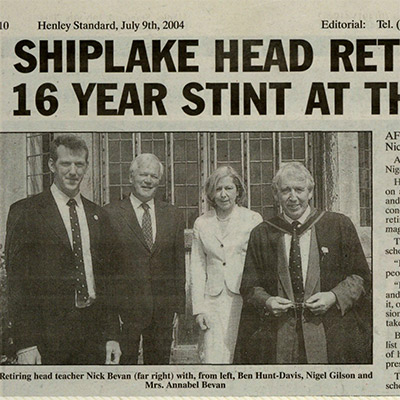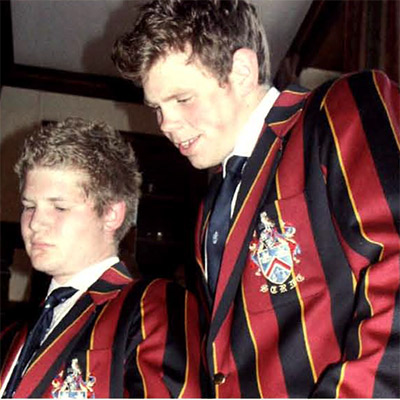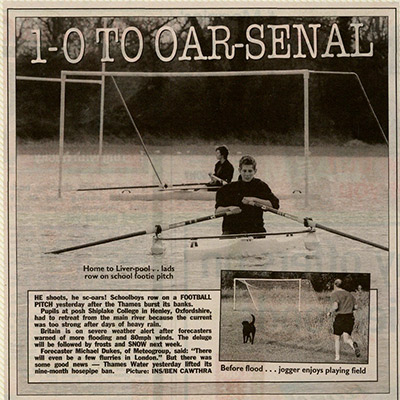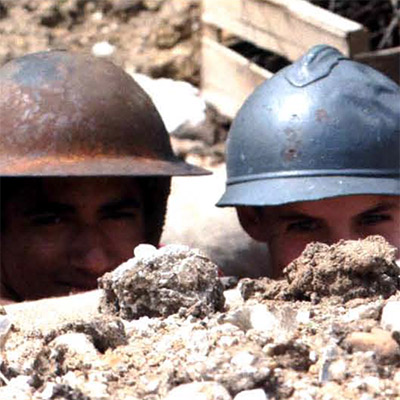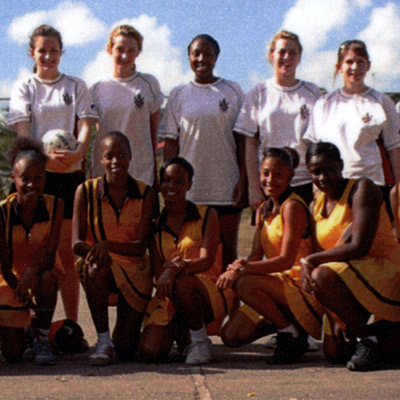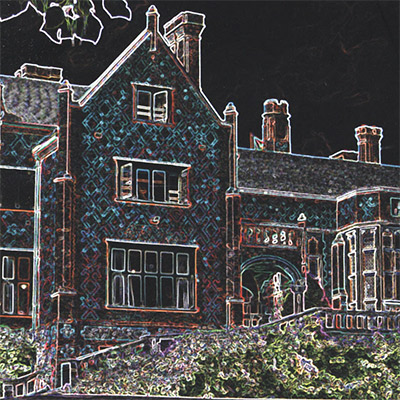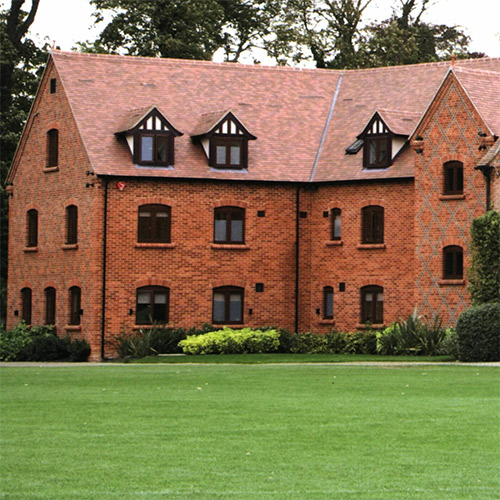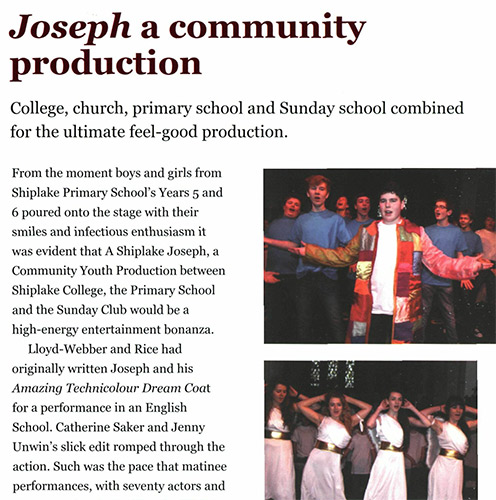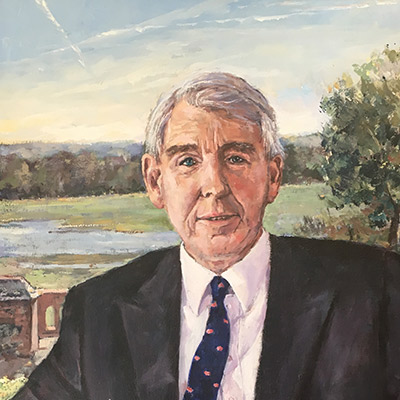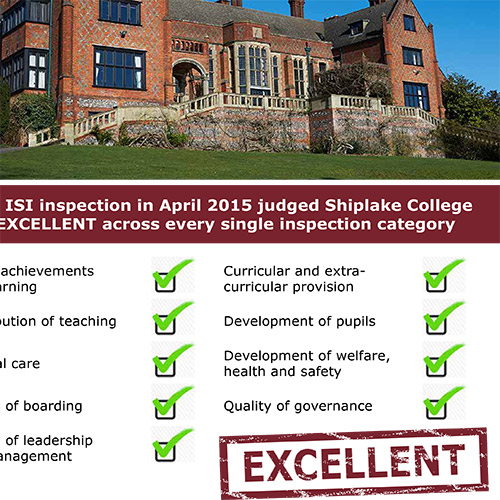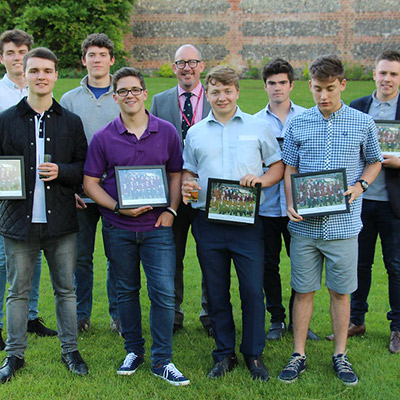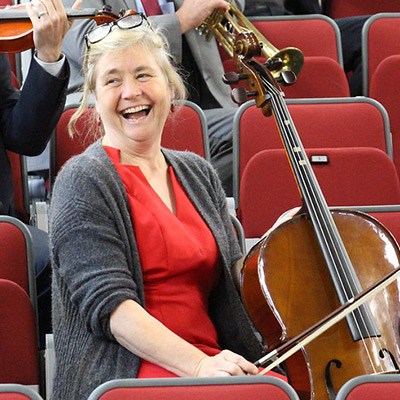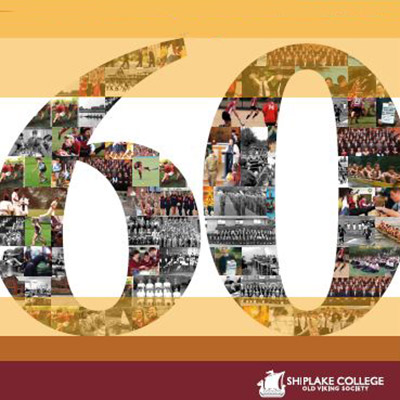To celebrate the College's 60th Anniversary in 1959, we launched the 'Shiplake at 60' project. Between January and the end of June 2019 we published highlights of what happened in each year of the school's history. From images to artefacts, stories and other objects, the project gives a real insight into how much the College has grown and changed since its foundation on 1 May 1959, but we also see how in many respects the ethos and values have remained the same.
All our material is available to view on our digital archive which can be accessed here
Click on the thumbnails below for each year's full entry.
A prologue from former member of staff, David Welsh, who joined the College in 1960 as a teacher of Classics and went on to serve under four headmasters, spending 38 years at the College and being involved in numerous school productions as well as founding the Sixth Form Society, the Wine Society, the AFC, the Arts Committee, and of course Welsh House itself:
'When I turned into the drive for the first time in September 1960, I thought this would be an interesting time for me, helping in the early days of a new Independent School. The rain had cleared and the sun shone on some nicely kept hockey pitches to my left, but then suddenly the tarmac ran out and the area before the main door of the house was a bit of a mud bath. The area to my immediate right was a building site – Everett House had risen to floor level – and to the left were some temporary huts – the ‘’Green Huts” as they were affectionately called, for many more years than their guaranteed life. I stepped gingerly into the mud, and immediately a polite boy appeared and asked if he could help me with my suitcase.
This was my introduction to Shiplake Court and this first impression was to prove enduring. Every penny had to be counted and if we did not have something, we had to improvise until we did. Every year some new project was launched, and slowly, step by step, the education that was being offered was broader and richer. I think these pages will amply demonstrate this.
For the teaching staff, the environment was very exciting and surprisingly rewarding; for the boys it was a new world of responsibility and achievement. We believed that if you gave a boy (or more recently a girl!) a happy environment and opportunities to excel in some field, they would usually surprise you with what they could achieve. They already had the general good nature and helpful outlook, now they could see what could be achieved with that as the foundation stone.
This is what I learnt in my first weeks at Shiplake. I realised that such an opportunity was not to be missed, that such a programme would not take one or two years as I had originally foreseen my stay at the school, but would not even be finished after 38 years, by which time I decided that I had given about all I had to give.'

